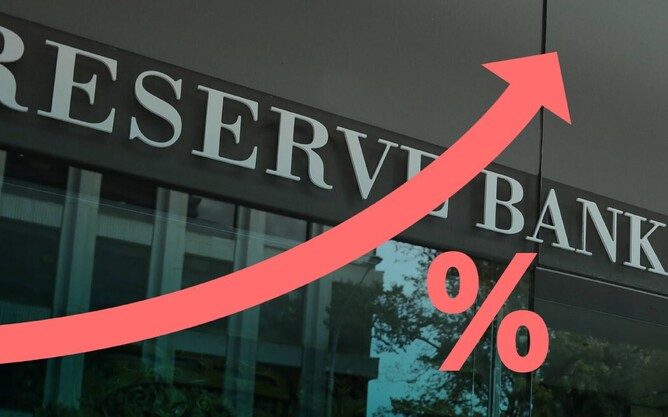Rising interest rates can have both positive and negative effects on the economy of a country. Here in New Zealand, the Reserve Bank has increased the Official Cash Rate (OCR) to increase interest rates and control inflation. This means that the cost of borrowing money has gone up. But why?
When prices inflate, or rise too quickly, it can make it more difficult for people to afford the goods and services they need which in turn causes economic instability. By increasing the OCR, the Reserve Bank can make borrowing more expensive to help slow down the economy and keep prices under control.
With people paying higher interest on their mortgages, they have less disposable income which decreases the demand for goods and services. Decreased demand then slows price increases that were rising to meet that demand and keeps inflation in check. This helps to ensure that the economy remains stable, and that people can afford the things they need.
Aside from the stress put on many Kiwi families who have seen their mortgage payments increase over the last few months, one of the main drawbacks of the rising OCR is that it can make borrowing more expensive.
This can lead to less investment in the economy, as businesses may be hesitant to take out loans to fund new projects or expand their operations and individuals looking to buy a home may decide to hold off.
Similarly, individuals may be less likely to take out loans to buy homes or other big-ticket items, which can slow down economic growth and lead to higher levels of unemployment.
Rising interest rates can also make it harder for people to pay off existing debt, which can lead to financial distress and hardship.
Despite this, there are some benefits to the rising OCR, particularly higher savings rates which help people earn more on the money they have in the bank and in investments. The incentive of those higher returns can encourage people to further reduce their spending and save more money to see even more returns.
When interest rates are low, there is less incentive to save, as the return on investment is minimal. However, when interest rates rise, the return on investment also increases, making it more attractive to put money into savings accounts or other investments.
This can help people to build up their savings and achieve their financial goals, which can be especially important during times of economic uncertainty. More profitable investments are particularly relevant for retirees or others who are relying on investment income to fund their lifestyles. By earning more on their savings, these people can maintain their preferred standard of living even during times of economic uncertainty.
Given the amount of activity around the OCR and interest rates, it’s crucial to review your financial position. We highly recommend reviewing your home loan structure to identify any opportunities to make savings and set your loans up in a way that makes the most fiscal sense. This is something that we can help with.
At the same time, with so much economic change, it’s important to review your investments and savings to ensure that these are set up to best capitalise on the increased earnings from interest. Our financial adviser team of Reagan, Paul, Claire and Josh excel in getting people the most ‘bang for their buck’ when it comes to investments so don’t hesitate to get in touch with us for some obligation-free advice.
We will keep you updated on further OCR developments in our newsletters and blogs over the coming months.

